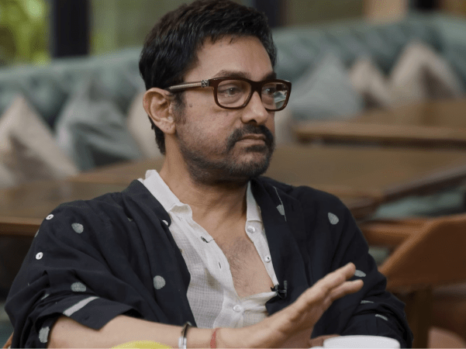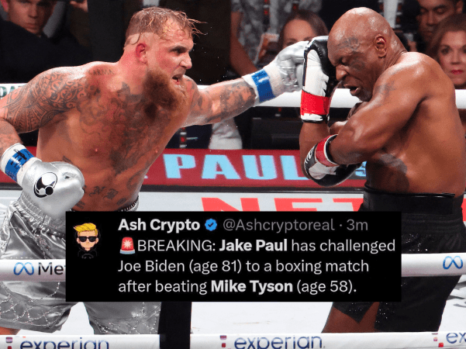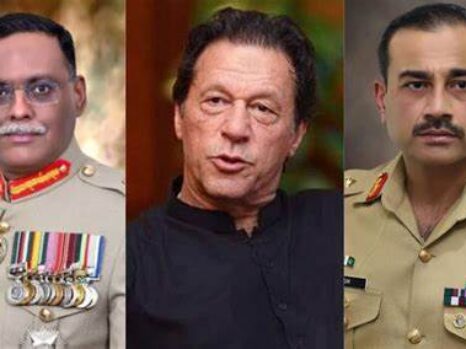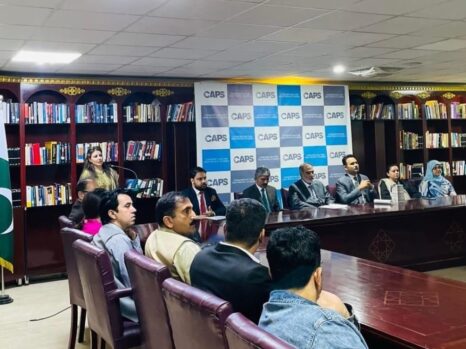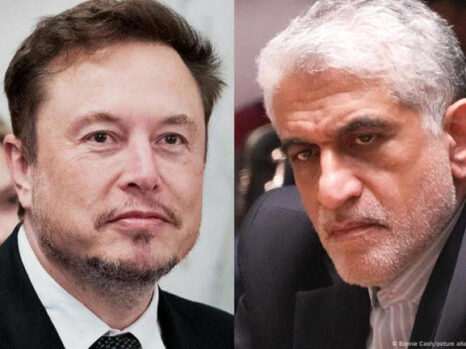The death of Iranian President Ebrahim Raisi in a helicopter crash Sunday quickly set in motion a leadership transition that officials insisted would leave the Islamic republic in steady hands and would probably lead to little change in the country’s direction, analysts said.
“The Iranian nation shouldn’t be worried,” said Ayatollah Ali Khamenei, Iran’s supreme leader, according to state media. Raisi was seen as an enforcer of Khamenei’s edicts, rather than an independent actor, according to analysts.
But if there was uncertainty caused by Raisi’s death, it was in its timing: during an escalating confrontation between Iran and Israel that has stoked alarm in the Middle East and beyond. The conflict, a hair-trigger affair set off by the war in Gaza, has manifested in rising violence on Lebanon’s southern border, in the Red Sea, and in Syria and Iraq.
Last month, direct fighting between Israel and Iran raised the level of anxiety. After Israeli strikes killed Iranian military commanders in Syria, Iran responded by firing a barrage of hundreds of munitions toward Israel.
Between the two regional rivals, “the old rules of the game are out. And the new rules are not fully established,” Ali Vaez, director of the Iran project and a senior adviser at the International Crisis Group, said during a panel discussion in Qatar on Monday.
Raisi’s death has added “uncertainty to the ambiguity that existed between Iran and Israel, which increases the risks of miscalculation,” he said.
Raisi, a hard-liner and loyalist of the supreme leader, died in a helicopter crash in Iran’s East Azerbaijan province, along with Foreign Minister Hossein Amir-Abdollahian and other officials, Iranian state media announced Monday. Raisi was traveling to the city of Tabriz in northwestern Iran on Sunday after attending the opening of a dam along the border with Azerbaijan when his helicopter crashed.
Photographs from the scene Sunday showed dense fog in the mountainous terrain. Iran has not officially confirmed the cause of the crash, but state media referred to it as a technical failure.
Mohammad Mokhber, Raisi’s first vice president, was named as interim president until elections could be held for a new president within 50 days, state media said. Iran’s cabinet also appointed Ali Bagheri Kani, previously the top nuclear negotiator, as the country’s acting foreign minister.
As condolences poured in Monday from Iran’s allies and neighbors, including Russia, China and India, the Palestinian militant group Hamas thanked Iran for its support in the war with Israel.
Iran’s late president and foreign minister had “made significant political and diplomatic efforts to stop the [Israeli] aggression against our Palestinian people,” Hamas said in a statement.
Over the past seven months, Iranian-backed armed groups around the Middle East have carried out attacks they have framed as retaliation against Israel for its deadly offensive in Gaza, or against the United States, Israel’s main international ally. The violence has led to persistent worries of a regional war, though Iran has repeatedly signaled it is trying to avoid that outcome.
After Raisi’s death, the fear was that Iran’s “adversaries in the region might see an opportunity, and might push the envelope,” Vaez said.
That concern — that Israel or others might use Raisi’s death as an opportunity to orchestrate attacks on Iran — could lead to a “sense of vulnerability” in the country, said Hamidreza Azizi, a visiting fellow at the German Institute for International and Security Affairs. The fallout would be at home, he said.
“Domestically, repression is going to increase,” he said. In the 50-day period leading up to new elections, there would probably be “stricter control of social and political activities in the country. More securitized governing.”
A journalist in Tehran said Monday that she was contacted by an intelligence official after posting a story about Raisi’s death on Instagram. The journalist, who spoke on the condition of anonymity for fear of reprisal, said the official took issue with the headline, which said that Raisi had been killed, rather than “martyred,” the term state media used when referring to his death.
When she asked if she was being forced to remove the post, the intelligence official responded that he didn’t want “anything bad” to happen to her or for a potential legal case to be opened on her social media activity.



